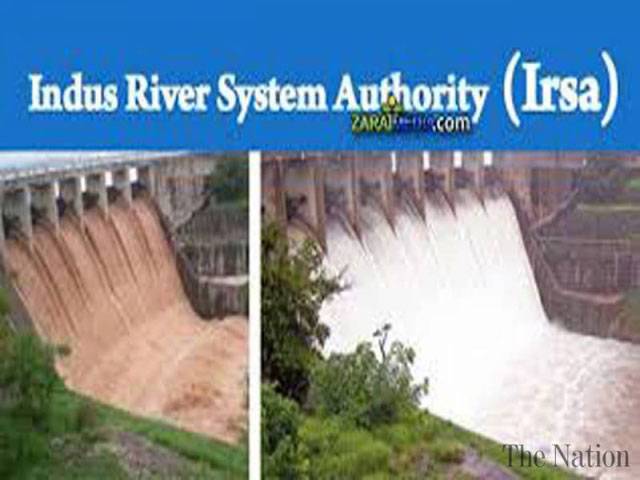ISLAMABAD - Indus River System Authority’s (Irsa) advisory committee yesterday rejected Sindh’s demand for release of 1,70,000 cusecs water and decided that the province will get 23 percent less water during the season.
The Irsa has also recommended to Wapda to review the standard operating procedure (SOP) for storing water in Tarbella reservoir as under the current SOP it is impossible to fill the reservoir to its peak level.
The decision was made in a meeting of the Irsa’s advisory committee held here Tuesday. The meeting was presided over by the Irsa’s chairman and attended by authority’s members, officials from the provincial irrigation departments and Wapda. As per the Advisory committee’s decision, Punjab will also receive 15.7 percent less water from its demand.
Sindh has asked Irsa to provide it its full share of 1,70,000 cusecs for the next 15 to 20 days as it will be helpful for the Kharif crops. According to Sindh plea, Tarbella level should be dealt as a secondary issue and water releases for the Kharif crops should be the top priority. The advisory committee of Irsa has rejected the demand, said Irsa spokesperson Abid Rana while briefing the newsmen after the meeting.
The Sindh demand was knocked out with majority votes, the spokesman said. Even member Balochistan who, during the last meeting, voted in favour of Sindh on the issue of losses and water share, cast its vote against the province. The main reason for Balochistan to vote against Sindh was its controversy over the water shares. Balochistan has time and again recorded its protest with Irsa that the province is receiving 40 percent less water than its full share. Balochistan has alleged that Sindh is stealing its share of water.
It is pertinent to mention here that keeping in view the depleting water levels in Tarbella reservoir, the Indus River System Authority (Irsa) last week cut the water share of both Punjab and Sindh by 21.5 percent. The decision was taken in a meeting of Irsa which had decided that Sindh will be given around 27 percent less water while Punjab’s share will be 14.2 percent less.
During that meeting too, Sindh dissented and demanded 40 percent water losses, instead of 20 percent but finally the matter was decided through voting and the decision was taken by a 3 to 2 majority. Both the provinces were unhappy with Irsa’s previous decision and asked that the advisory committee should review the decision as it will have a negative impact on the Kharif crops.
As of Tuesday, the demand for water release of Sindh and Punjab was 1,70,000 and 1,40,000 cusecs respectively. The advisory committee decided that Sindh will receive 23 percent less water than its demand which is 1,31,000 cusecs, while Punjab will receive 15.7 percent less water than its demand which is 1,18,000 cusecs, Abid Rana said.
Giving details of the decisions taken by the Irsa, the spokesman said it had been decided that Punjab and Sindh will get water under Para 2 of the Water Accord of 1991, full share plus 20 percent losses. Sindh’s main concern was with respect to losses as the provinces wanted 40 percent conveyance losses.
It was noted by the advisory committee that the conveyance loses from Chashma to Guddu was around 17 to 18 percent but even then the provinces were being charged with 20 percent losses.
Regarding SOP, the spokesman said that it needed a revision as with its current status, even next year they will not be able to fill Tarbella reservoir to its peak level. It is pertinent to mention here that in a letter, written to Wapda, Irsa chairman had asked the authority to fill Tarbela Dam.
The letter carried the instruction that the filling be done as per the Standard Operating Procedure (SOP) so much so that the water levels could reach maximum up to 1550 feet.
According to the SOP, water from 1 foot to 4 feet a day can be stored in the reservoir.
But Wapda kept filling around one foot of water daily, consequently leaving the reservoir short of its capacity.






